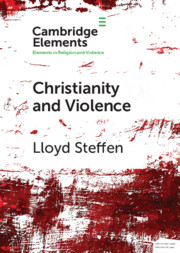1 results

Christianity and Violence
-
- Published online:
- 20 April 2021
- Print publication:
- 20 May 2021
-
- Element
- Export citation

